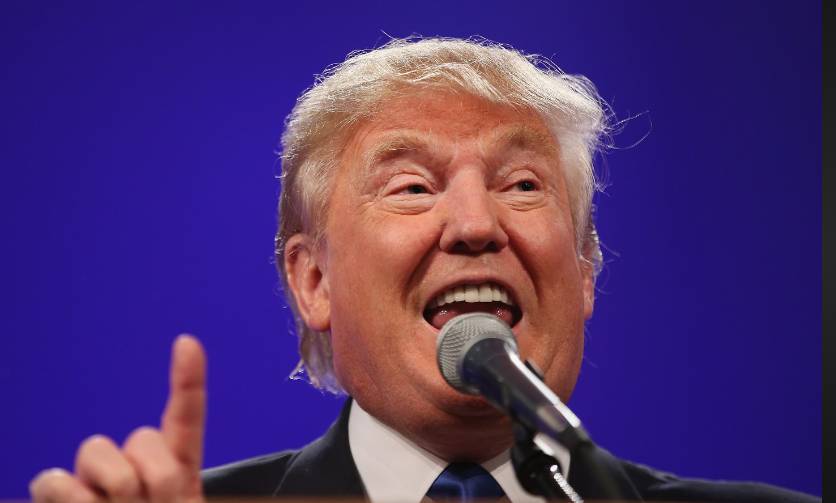With Donald Trump’s historic return to the U.S. presidency, only the second time in American history a president has regained office after defeat, questions arise about how this shift will impact global politics, including U.S.-Africa relations. His “America First†policy, likely to prioritize domestic and strategic interests, could have a mixed impact on Africa, affecting funding, trade, governance support, and security.
1. Consistent Funding, But Climate Aid Likely to Be Reduced
During his first term, Trump was criticized for sidelining Africa, though U.S. funding to the continent remained around $7-8 billion annually. While the Biden administration aimed to strengthen U.S.-Africa ties, pledging around $55 billion over three years for climate and development initiatives, funding levels stayed relatively steady. With Trump’s focus on prioritizing national interests, assistance is likely to continue in key areas like security and health, but commitments toward climate change may see cuts, reversing some Biden-era promises.
2. Trade and Investment: Uncertain Prospects
Under Biden, U.S.-Africa trade relations saw improvement, but Trump’s return introduces uncertainty. As his administration may focus on U.S. priorities over partnerships, the African Growth and Opportunity Act (AGOA), set to expire in 2025, could be reshaped to serve U.S. interests. Meanwhile, Africa’s own initiatives, such as the African Continental Free Trade Area (AfCFTA), could present a complex dynamic for U.S. trade strategy, particularly if the U.S. intensifies competition with China for African markets.
3. Shift in U.S. Support for Governance and Democracy
The U.S. has long supported governance reforms in Africa, often linking aid to democratic progress. The Biden administration strengthened this focus, although security sometimes took precedence, such as with delayed responses to the 2023 military coup in Niger. In contrast, Trump’s administration may prioritize security and economic interests over governance, potentially softening the U.S. stance on democratic conditions. This shift could embolden some African governments, potentially stalling democratic progress on the continent.
4. Relaxation on LGBTQ+ Rights Pressure
Biden’s strong support for LGBTQ+ rights was met with resistance by some African governments. Trump’s stance could ease U.S. pressure on African nations regarding human rights issues, including LGBTQ+ rights, which might shift the landscape on these matters. Countries previously excluded from AGOA over human rights violations may find an opportunity to re-engage with the U.S. under Trump’s administration.
5. Security and Counterterrorism to Remain Central
Trump’s administration is likely to continue U.S. involvement in counterterrorism efforts in Africa, particularly in regions tied to American interests. However, areas with less direct impact on U.S. security may receive limited attention, with a focus instead on regions with valuable resources or strategic importance amid global competition.
6. Migration Challenges for Africa-U.S. Relations
Trump’s strict immigration policies may resurface, potentially impacting African migrants, including those from majority-Muslim countries. Tensions over deportations, particularly with countries like Ghana, may re-emerge. Travel bans affecting certain African nations could also return, impacting migration and remittances—a critical economic source for many African households.
Trump’s presidency marks a period of global transition, and his policies may reshape U.S.-Africa relations through a focus on national interests. As the continent grows in strategic importance amid global shifts, Africa may need to navigate a new, pragmatic U.S. approach that prioritizes security and economic leverage over diplomatic ideals.
Source: Ishmael Kwabla Hlovor, PhD.


